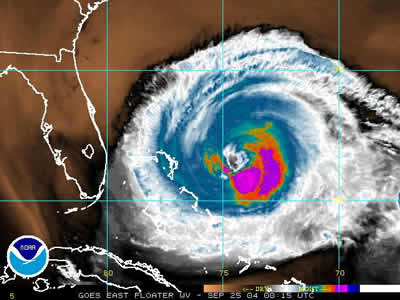Whatever other -isms they believe, most professors believe in postmodernism. My definition of that term is: "The belief that there is no absolute Truth, there are only 'truths' that are constructed in our minds. Dialogue is, therefore, not a tool that can be used to discover Truth, but merely a word-game that people use to construct 'reality' in their minds."
That isn't an exhaustive definition of postmodernism, but I think that's a fair summary. Where does this idea come from? I'm sure Beregond can give us its supple, nuanced intellectual history, beginning with Decartes' revolutionary idea that knowledge begins with one's intellect and not the senses, and extending through his (Beregond's) bete noir, Immanuel Kant.
However, I am not an intellectual, and although I do not doubt the role of ideas in the formation of the postmodern critique (for it is surely not a philosophy), often I look to more concrete things when I ask why someone thinks a particular way. I submit that one of the reasons is the university library.
Not just the library, to be sure -- there is also the Registrar's office, the deans, the Faculty Senate, and all the other little rule-making and -enforcing entities on campus. But the library is the entity I am mad at tonight, so the library will be my example.
You may know, if you've read Catholic Light before, that I'm finishing my M.A. thesis project (Open Source Shakespeare). To accompany the site, I am writing a substantial paper, and so I have checked out books from the library. Tonight, I realized that 13 of them are overdue, and I owe the library $32.50.
I figured I'd pay the fine and renew the books. Not so fast! the library Web site said. There is a hold on my library privileges. I called the library, where a recording told me that I would have to bring in the books before I could renew or check out books.
"That's got to be a mistake," I thought. "I'm done with classes, and I'm rarely on campus. Surely they aren't going to make me physically go to the circulation desk."
I called the circulation desk. A nice young lady confirmed that yes, indeed, I would have to drag 13 books halfway across the county in order to get my records cleaned up.
"Is this some kind of collegiate hazing?" I asked. She didn't get the joke. "Let me get this straight: if I come in, I can renew the books, right?"
"Yes, absolutely. Come to the desk, and we'll check them in, and check them back out to you," she explained.
"And why can't we do that over the phone?"
"They have to be checked back in, because they're late."
"I know they're late, and I'll pay the fine. I have no problem with that. But I'd rather not have to make a 40-mile round trip just to renew some books."
"Hold on for a moment, please." Sound of a brief, muffled conversation. "Yeah, my supervisor says you have to come in person. Otherwise, we'd have to do an override."
I thanked her and hung up, without asking the obvious question: what's bad about giving me an "override"? Would it disturb the balance of the universe if they simply said, "Yes, Eric, you can keep the books you need. Don't worry about using your vacation time at work, or leaving your family for most of an evening. We'll renew the books and you can pay the fine the next time you're on campus"?
Nobody else has requested any of the overdue books. I'll pay the fine, or else they won't give me a diploma. Either this is a petty punishment for forgetting the due date, or it's a dumb rule that nobody has thought about but must be followed unquestioningly.
Library book regulations are a small thing, to be sure. But they are part of the web of intricate, arbitrary rules that make up the modern university. Other American institutions (except governments) actively try to make things easier on the people they serve. Not universities, which are run like medieval fiefdoms, complete with their own legal systems.
It's unsurprising that academic professionals — who know no other life, having spent their adult years in this milieu — would think that Truth is a construct and words are weapons used to advance one's personal will. That is precisely what their workplace teaches them.


